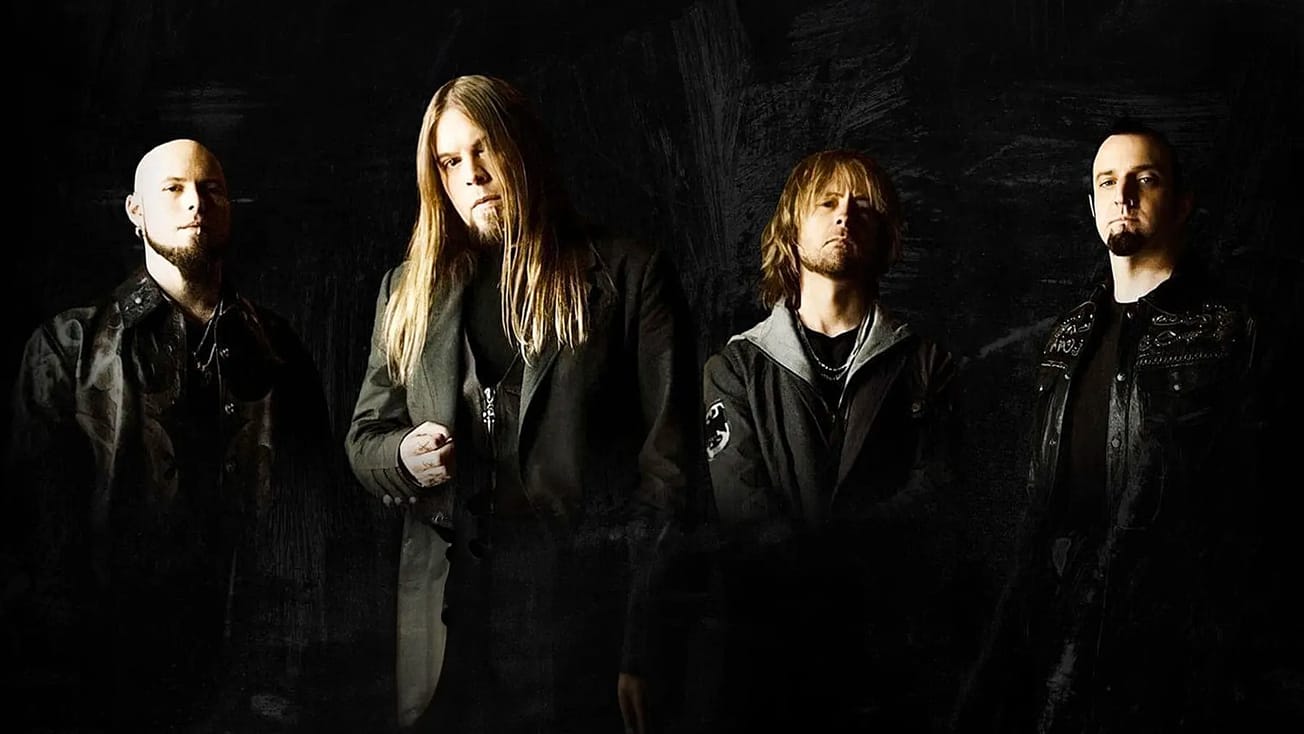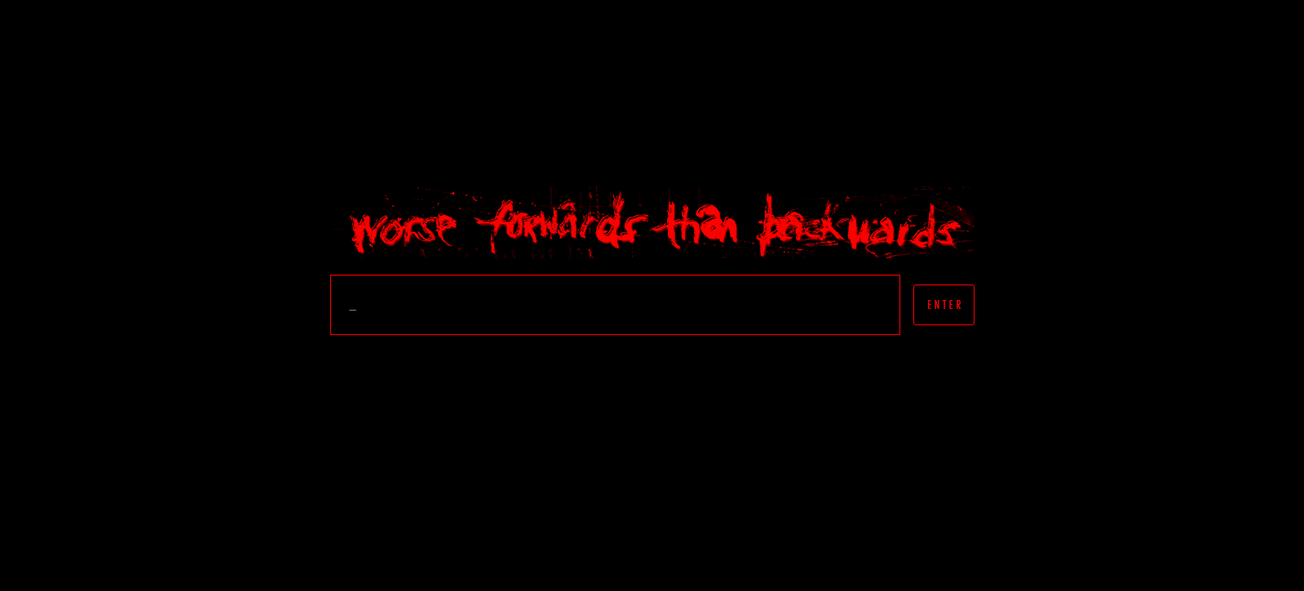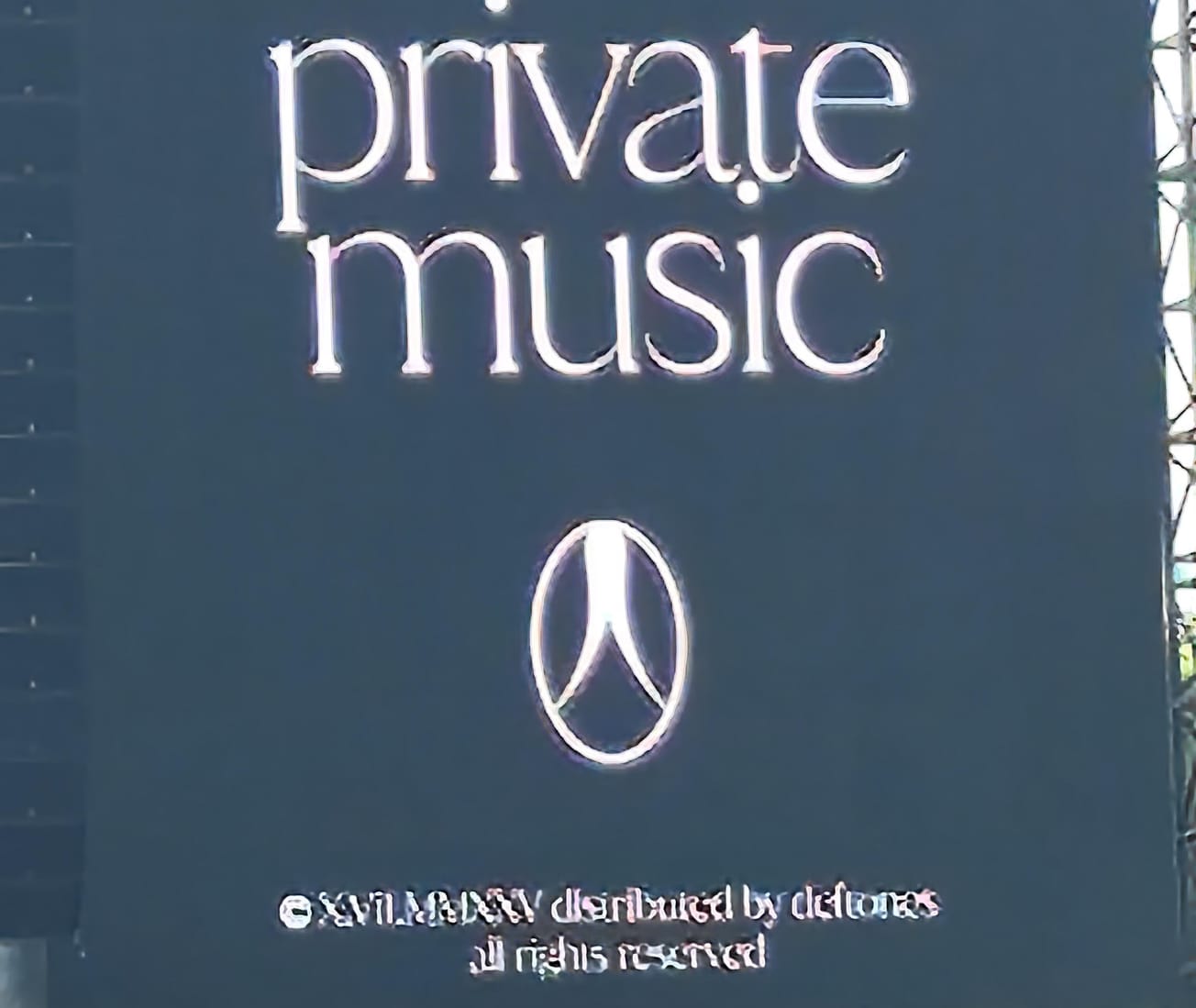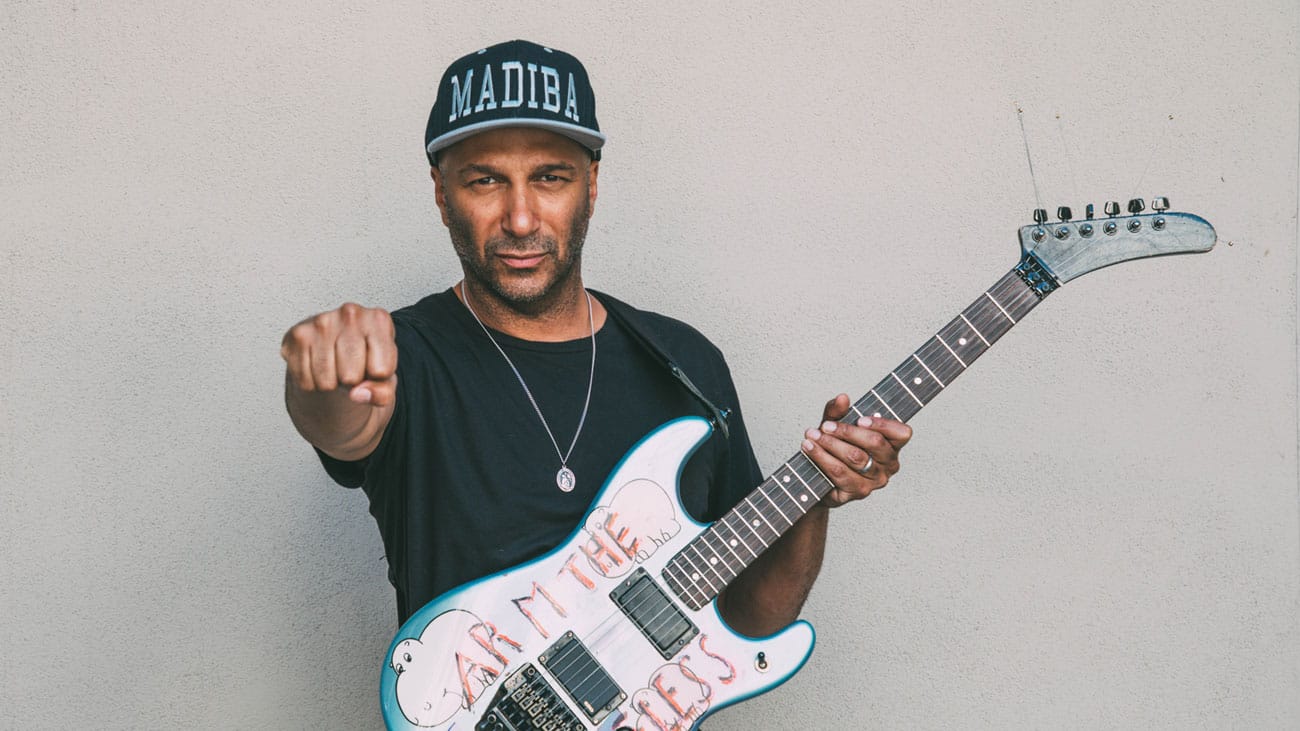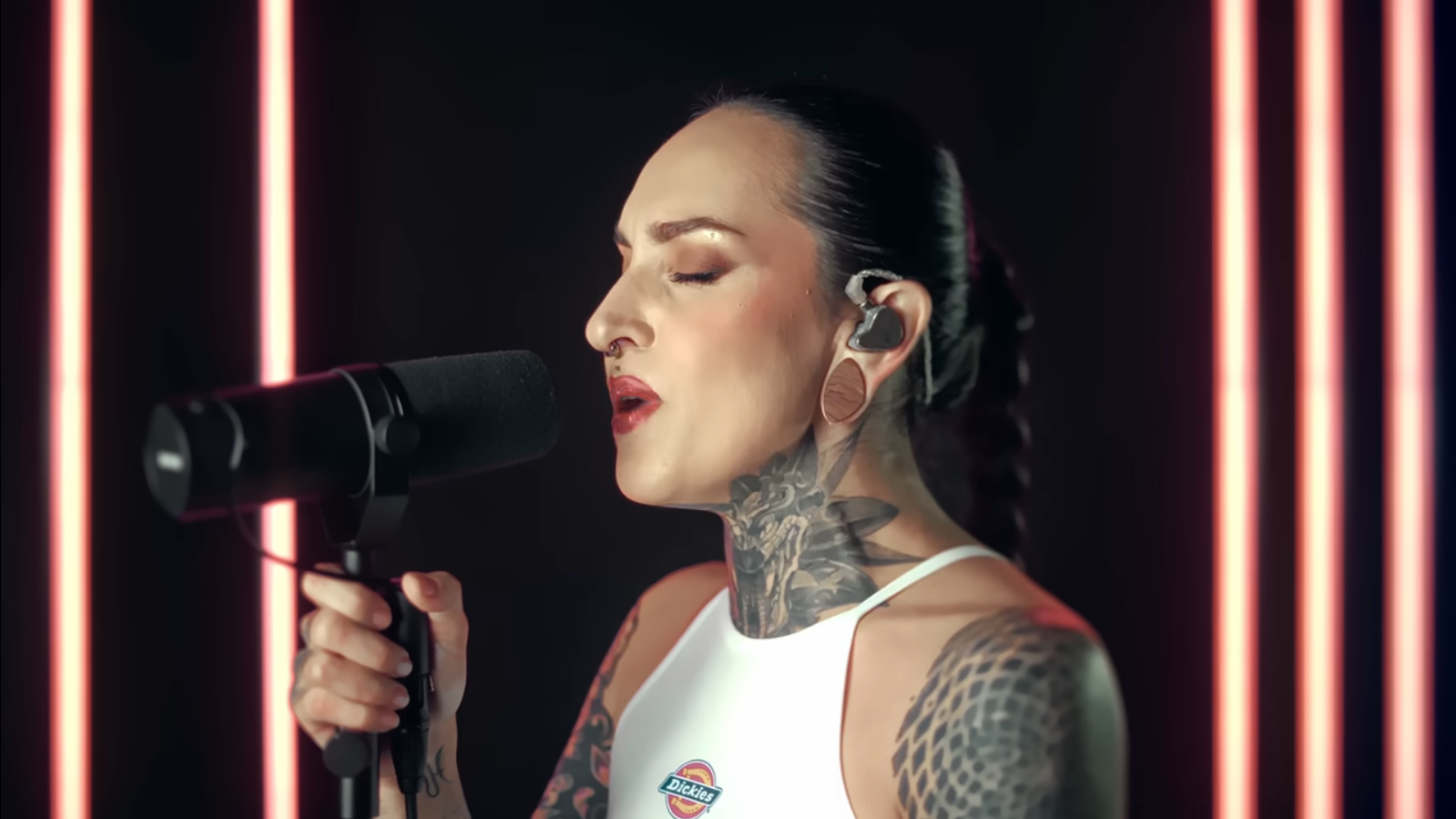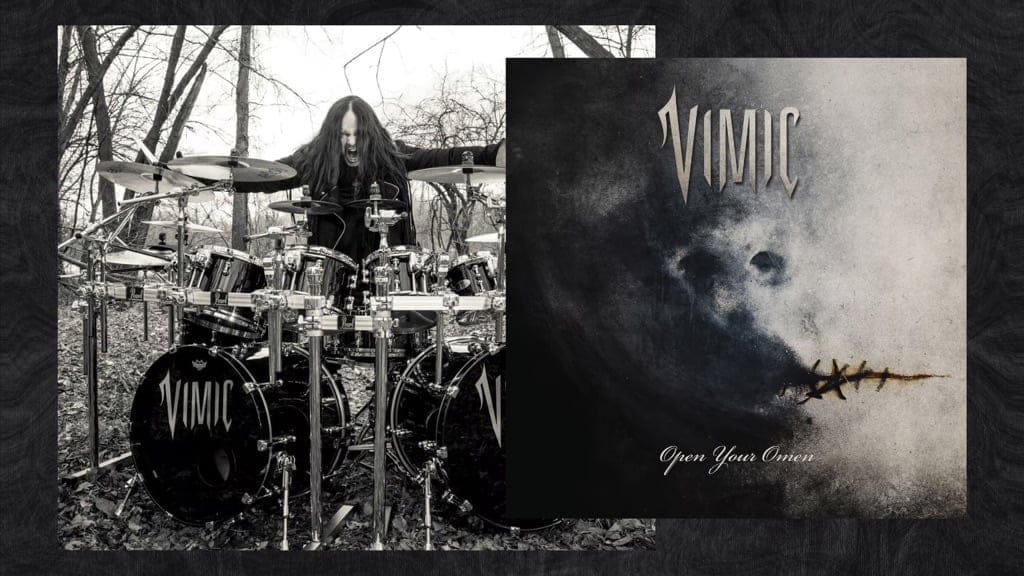After nearly a decade and a half of alleged predatory and damaging practices that span across varying levels of the live music industry, the walls may be closing in on the goliath that is Ticketmaster and its parent company, Live Nation Entertainment. U.S. Attorney General Merrick Garland has announced that the U.S. Department of Justice (DOJ) is preparing to file an antitrust lawsuit against Live Nation Entertainment, stating that the company has monopolized the ticketing industry. This lawsuit is expected to address long-standing concerns over Live Nation's dominance since its merger with Ticketmaster in 2010, which has been widely blamed for reducing competition and harming both concertgoers and artists.
For context: the merger between Live Nation and Ticketmaster was originally approved under a consent decree that barred Live Nation from retaliating against venues that used competing ticketing services. Despite these restrictions, many people within the industry argue that the company has continued to leverage its market power unfairly. The DOJ extended this consent decree in 2020 after finding that Live Nation had indeed been pressuring venues to use Ticketmaster exclusively.
Activist and journalist Jordan Uhl wrote in November 2022 detailing the beginnings of the U.S. Department of Justice’s antitrust investigation into Ticketmaster following a disastrous Taylor Swift tour presale that left many fans unable to purchase tickets. That public outcry and political attention seemed like it could lead to significant reforms or restructuring of Ticketmaster's operations. This incident, among others, has drawn bipartisan criticism and increased regulatory pressure on Ticketmaster and Live Nation.
While this case was the most widely publicized and focused directly on the bloated nature of Ticketmaster, many bands and artists of varying levels have felt the squeeze since the consolidation beyond ticket servicing and price gouging. As alternative rock veterans Eve 6 stated close to two years ago, “The artists touring the club circuit are lucky if they break even, and this monolithic corporation is putting its scaly claw in their pocket to grab for more. You have them demanding 20 cents or more of every dollar a band makes from selling their own T-shirts and hoodies. The degree to which this company scales artist and fan exploitation would be funny if it wasn’t so fucked up.”
Live Nation defends itself by claiming that ticket prices are set by artists and that the high demand for major events naturally leads to high prices and technical issues. In a response following Garland’s statement and allegations, Live Nation executive vice president Dan Wall retorted, “ [the] world is a better place because of that merger, not a worse one…. "The complaint — and even more so the press conference announcing it — attempts to portray Live Nation and Ticketmaster as the cause of fan frustration with the live entertainment industry. It blames concert promoters and ticketing companies — neither of which control ticket prices — for high ticket prices. It ignores everything that is actually responsible for higher ticket prices, from increasing production costs to artist popularity, to 24/7 online ticket scalping that reveals the public's willingness to pay far more than primary tickets cost. It blames Live Nation and Ticketmaster for high service charges, but ignores that Ticketmaster retains only a modest portion of those fees. In fact, primary ticketing is one of the least expensive digital distributions in the economy.
"It is also absurd to claim that Live Nation and Ticketmaster are wielding monopoly power. The defining feature of a monopolist is monopoly profits derived from monopoly pricing. Live Nation in no way fits the profile. Service charges on Ticketmaster are no higher than elsewhere, and frequently lower. And even accounting for sponsorship, an advertising business that helps keep ticket prices down, the company's overall net profit margin is at the low end of profitable S&P 500 companies.
"The trendlines confirm Live Nation's lack of market power. Every year, competition in the industry drives Live Nation to earn lower take rates from both concert promotion and ticketing. The company is profitable and growing because it helps grow the industry, not because it has market power.”
A lengthy 2018 investigation by CBC News and the Toronto Star found evidence that Ticketmaster has benefitted from the massive secondary market by colluding with scalpers, setting up their own resale program to collect fees multiple times on the same ticket sales, revelations that, while not disproving their statement that scalpers are in part to blame, certainly call into question the sincerity of their efforts to fight the practice. These practices, in addition to other innovations designed to squeeze every last cent from both artists and fans, stand in stark contrast to Wall's denials.
Neither Dan Wall or other alike responses from these companies direct themselves to the basic facts. Since the Live Nation and Ticketmaster merger fourteen years ago, the consolidation of venues, ticket services, promotion, and overall live music experiences have heavily benefitted the few while harming those who truly keep the industry alive. Artists finding it harder to survive in conjunction with club and smaller independent venues struggling showcases the unsustainable nature of a single entertainment company controlling ticket servicing for a vast majority of live shows at the same time as they own, operate, lease, or hold exclusive contracts with over 165 venues in North America. The potential breakup of Live Nation and Ticketmaster could significantly reshape the live music industry by fostering greater competition, potentially leading to lower ticket prices and better services for customers. Let’s hope the DOJ does their job and doesn’t fuck this up.



